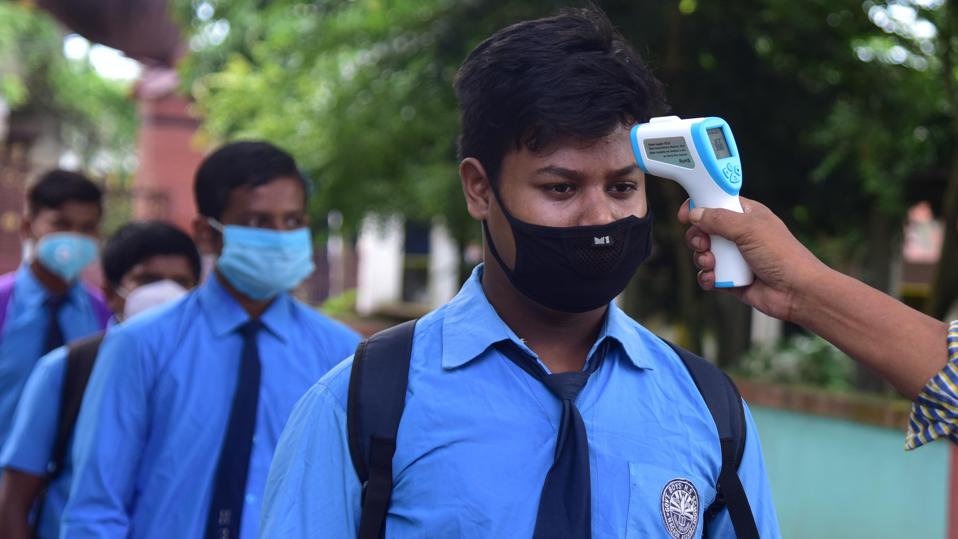The world reached 1 million total confirmed coronavirus deaths Monday, a jarring milestone in a pandemic that has claimed an average of 3,819 lives per day since the start of the year and shows few signs of relenting.
KEY FACTS
China reported the world’s first Covid-19 death in mid-January, part of an outbreak that experts say likely originated in a market in the city of Wuhan, and since then, the virus has hit every inhabited continent and infected more than 30 million people.
The United States leads the world with 203,329 Covid-19 deaths since early February, more than 20% of the worldwide total according to data from the World Health Organization, and the country still regularly posts more than 500 new deaths every day.
Brazil is home to the world’s second deadliest outbreak, at 141,406 total fatalities.
India’s Covid-19 death toll is now the most rapidly-growing in the world, with 95,542 total deaths and upwards of 1000 new fatalities every day.
Europe, which hosted a widespread multi-country outbreak during the spring, accounts for 235,139 total deaths, and case counts in countries like France and Spain are now climbing again after governments loosened their strict lockdown rules over the summer.
China has only reported 4,746 deaths since the beginning of the year, though some international observers have disputed the accuracy of that country’s data.
BIG NUMBER
5,384. That’s the number of new deaths reported globally on Sunday, according to the World Health Organization. This figure is below the world’s all-time record of 12,430 deaths, which was set on one day in mid-April.
SURPRISING FACT
One million deaths is a grim figure, but experts warn the virus’ true death toll may be even higher. Some victims may not have taken a coronavirus test before dying, leaving their deaths uncounted, and the added stress on healthcare systems might have led to more deaths. In particular, the United States may have significantly undercounted its spring Covid-19 fatalities, according to one Yale University study.
KEY BACKGROUND
Few major countries have managed to subdue their coronavirus outbreaks altogether. For example, Spain and the United Kingdom tamed the virus’ spread over the spring by shutting down businesses and restricting social gatherings, but both countries began reintroducing some restrictions this month after a partial return to normalcy caused cases to shoot up again. Similarly, American states like Texas and Arizona saw outbreaks over the summer after they loosened their restrictions. Researchers have made progress on several vaccine candidates, but most health officials say doses will not be available for public consumption until next year.
CRUCIAL QUOTE
"As some countries start to open up we see cases and deaths starting to spike," WHO Director-General Tedros Adhanom Ghebreyesus said at a press conference earlier this month. "This is a critical moment for countries and we ask leaders to put targeted measures in place that we know can suppress the spread."






No comments:
Post a Comment